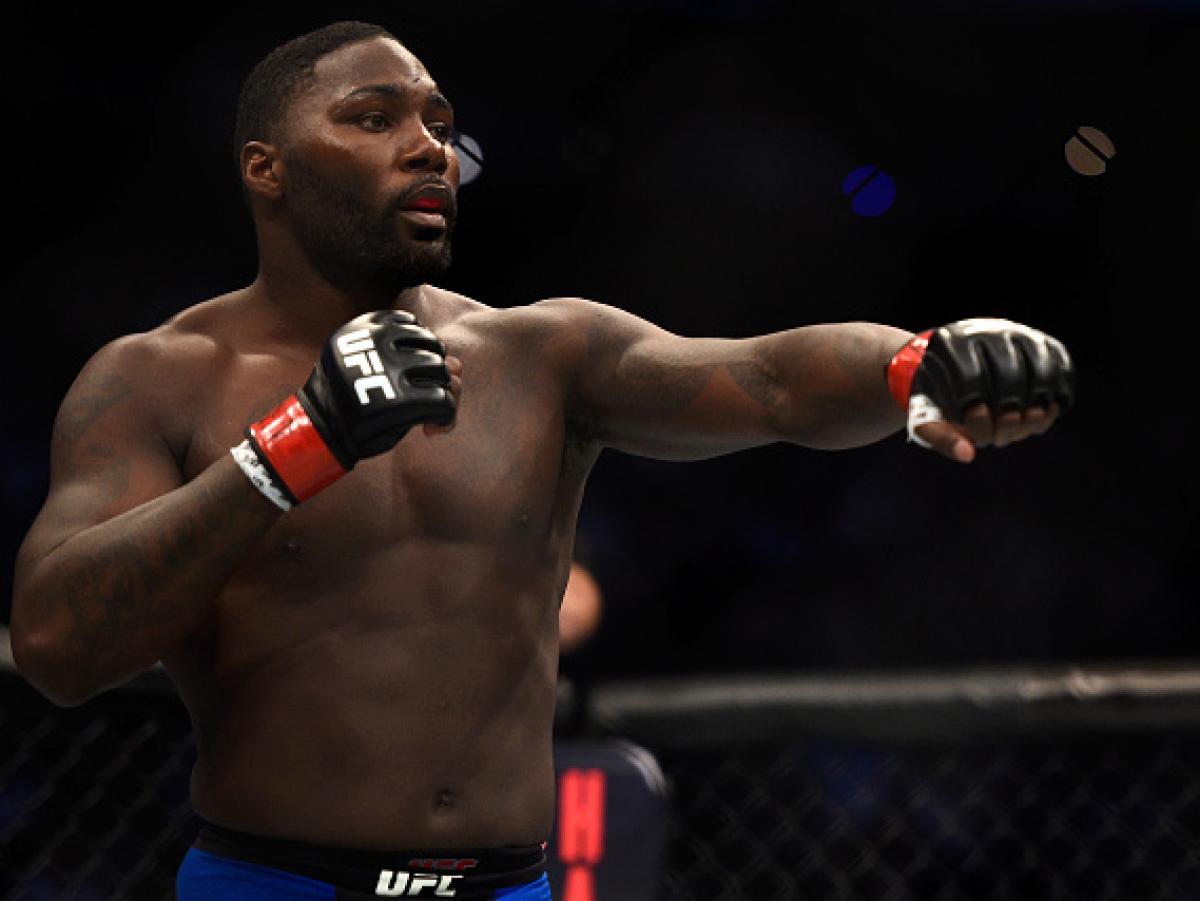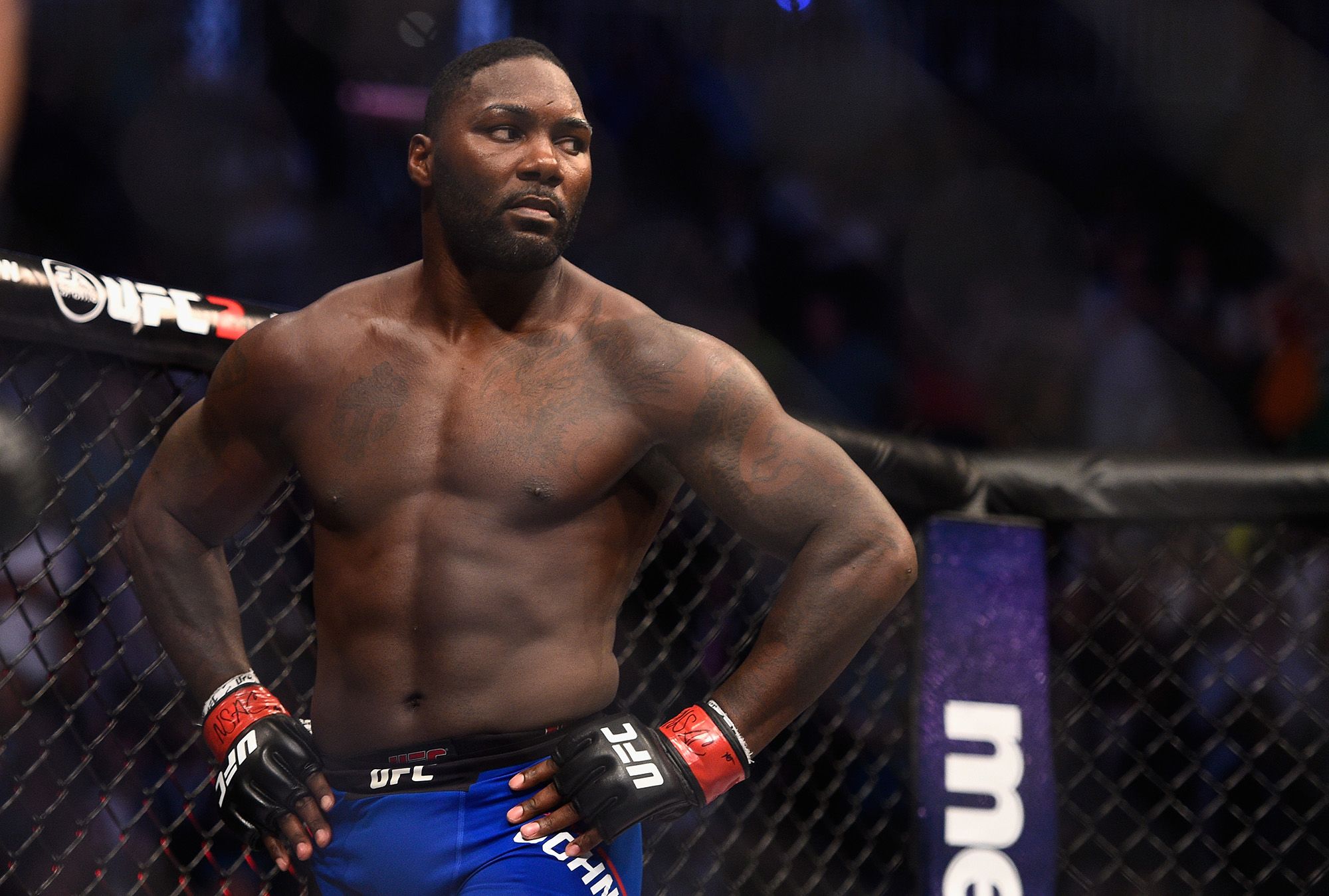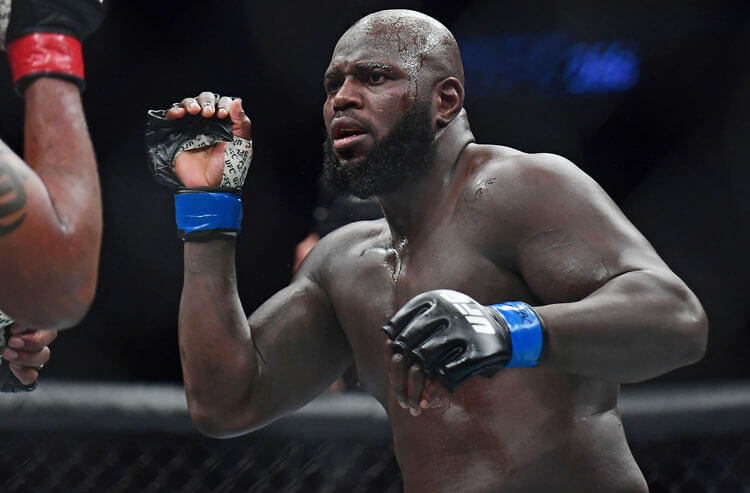UFC Net Worth: How Fighters Build Wealth In The World Of MMA
Have you ever watched a thrilling UFC fight, perhaps a big showdown like Lewis vs Teixeira from Bridgestone Arena, or maybe the highly anticipated Holloway vs Poirier 3 coming up on July 19, 2025, and wondered about the money involved? It’s a common thought, too, it’s almost. The raw excitement of the Octagon, the incredible athleticism, and the sheer determination of these athletes often leave us curious about what they earn. People often ask, just a little, what exactly goes into a UFC fighter's net worth.
Figuring out the true financial standing of a UFC fighter can be a bit tricky, you know, because it's not just about what they make on fight night. There are so many moving parts, like sponsorships, bonuses, and even how popular they become outside the cage. We often see the big events, like UFC 300 or UFC 318, and hear about the main event fighters, but what about everyone else on the card?
This piece will help us look at the various ways UFC athletes build their wealth, from the initial fight purses to the bigger picture of their overall financial journey. We’ll explore what really drives their fortunes and how the sport itself has grown, from its early days of finding the most effective martial art to the global spectacle it is today, with events like the complete 2025 UFC season schedule on ESPN.
Table of Contents
- How UFC Fighters Earn Their Money
- Factors Influencing a Fighter's Net Worth
- The UFC's Business Model and Fighter Pay
- Challenges in Assessing Fighter Net Worth
- Frequently Asked Questions About UFC Net Worth
- The Ever-Growing Financial Landscape of MMA
How UFC Fighters Earn Their Money
When we think about a UFC fighter's income, the first thing that usually comes to mind is what they get paid for stepping into the Octagon. But that's really just one piece of the puzzle, you know. There are several streams of income that contribute to their overall net worth, and some are more visible than others. It's actually quite a varied system.
Fight Purses and Win Bonuses
Every fighter on a UFC card, from the preliminary bouts to the main event, receives a guaranteed payment, often called "show money." This is the base amount they get just for showing up and making weight. For instance, when we see the final prelim & main card results from an event like UFC Fight Night in Nashville, Tennessee, on July 12, each fighter had a set amount they were guaranteed to take home. This is a pretty standard setup.
On top of that, most fighters have a "win bonus" clause in their contract. This means they get an additional sum of money if they win their fight. So, if Lewis had beaten Teixeira in Nashville, he would have received his show money plus a win bonus. This structure really encourages fighters to perform at their best, and it's a common incentive in combat sports, naturally.
Performance Bonuses
The UFC also offers discretionary bonuses for outstanding performances. These typically include "Fight of the Night" and "Performance of the Night" awards. These bonuses, often a fixed amount like $50,000, can significantly boost a fighter's earnings for a single event. For example, if a fight at UFC 318 or Holloway vs Poirier 3 really delivers excitement, the fighters involved could easily pick up one of these extra checks. It's a way to reward thrilling action, basically.
These bonuses are highly sought after because they represent a substantial increase over a fighter's base pay. They are awarded based on exciting finishes, like a stunning KO/TKO win or a slick submission, or simply for putting on a memorable back-and-forth battle. This system, in a way, rewards the kind of action fans love to see.
Sponsorships and Endorsements
Beyond what the UFC pays directly, fighters can earn a good deal of money from sponsorships and endorsements. Historically, fighters could wear various sponsor logos into the Octagon, but that changed with the Reebok deal and now the Venum uniform policy. However, fighters still secure deals outside of fight night, promoting products or brands on social media and through other appearances. This is a very important part of their income, you know, especially for those with a strong personal brand.
The bigger a fighter's name and the more followers they have, the more lucrative these deals can become. Think about how much exposure they get from the latest UFC fight videos featuring their favorite fighters. A popular fighter can command significant fees for promoting products, which adds quite a bit to their overall financial picture, really.
Pay-Per-View Shares
For the biggest stars in the sport, a significant portion of their net worth comes from a share of the Pay-Per-View (PPV) revenue. Only a select few, typically champions or major draws headlining PPV events like UFC 300, get a cut of these sales. This can be an incredibly large sum, potentially dwarfing their fight purse. It's a system that truly rewards those who can bring in the most viewers, you know.
The more PPVs a fighter sells, the higher their overall earnings can climb. This is why you see top fighters pushing their fights so hard and engaging with fans; they know it directly impacts their bottom line. It's a very direct link between popularity and income, actually.
Factors Influencing a Fighter's Net Worth
A fighter's net worth isn't just about how many times they step into the cage. Several other elements play a crucial role in building their financial standing over time. It's a bit like a complex recipe, in a way, with many ingredients.
Popularity and Star Power
This is arguably the biggest factor. Fighters who capture the public's imagination, whether through their exciting fighting style, their personality, or their memorable quotes, tend to earn far more. They become household names, drawing in more fans to watch their fights and buy merchandise. Someone who consistently makes headlines in the latest official news from UFC or MMA news & results for the Ultimate Fighting Championship will naturally attract more lucrative opportunities. It's a very clear connection, really.
A fighter's ability to sell tickets and Pay-Per-Views directly translates into higher paydays. This is why fighters like Conor McGregor have amassed incredible wealth; their star power is undeniable. This kind of influence, you know, is priceless in the world of combat sports.
Fight Record and Longevity
While popularity is key, a strong fight record is also essential for sustained earnings. Consistently winning, especially with impressive finishes like KO/TKO wins or submission victories, keeps a fighter relevant and in contention for bigger fights. Records reflect all UFC fights from UFC 28 to the present, showing total fights, wins, and finishes. A fighter with a long, successful career, even if not always a champion, can accumulate significant wealth over time. It's about building a consistent track record, basically.
Fighters who can stay healthy and compete at a high level for many years, participating in numerous events on the UFC event schedule, naturally have more opportunities to earn. Longevity allows them to stack up fight purses and potentially secure more lucrative deals. It's a marathon, not a sprint, in this line of work, you know.
The Division They Compete In
While not as significant as star power, the weight division a fighter competes in can sometimes play a role. Heavier divisions, like heavyweight, historically tend to draw more attention and bigger purses, though this isn't always the case now. Sometimes, a smaller fighter with massive star appeal can out-earn a heavyweight. It really depends on who the big names are at any given time, you know.
The UFC's Business Model and Fighter Pay
To truly grasp a fighter's net worth, it helps to look at the UFC's own journey. The purpose of the UFC's early competitions was to identify the most effective martial art in a contest with minimal rules and no weight classes. It was a raw, experimental phase. Over time, the organization evolved, adopting unified rules of MMA (starting with UFC 28) and becoming a highly professionalized global sports league. This transformation, you know, has had a huge impact on everything, including fighter pay.
The UFC generates revenue from various sources: Pay-Per-View sales, broadcast rights (like the complete 2025 UFC season schedule on ESPN), ticket sales for live events (such as Lewis vs Teixeira in Nashville), sponsorships, and merchandise. A portion of this revenue goes towards fighter compensation, but the exact percentage is a frequent topic of discussion. The organization, as a whole, has grown into a massive enterprise, which means there's a lot of money flowing through the system, obviously.
Understanding how the UFC distributes its wealth helps explain why some fighters are incredibly rich while others, even those with good records, may not be. The system, in a way, is designed to reward those who bring the most value to the brand, often through their ability to attract viewers and generate excitement. Updates from throughout UFC Fight Night in Nashville's Bridgestone Arena on July 12 show how much goes into each event, from the results to the highlights.
Challenges in Assessing Fighter Net Worth
It's very important to remember that most figures you see for a fighter's net worth are estimates. Fighters' contracts are private, and they rarely disclose their full financial details. What we often see reported is their fight purses and bonuses, but this doesn't account for taxes, agent fees, training camp costs, or personal investments and expenditures. So, getting an exact number is pretty much impossible, you know.
Moreover, a fighter's net worth can change rapidly. A big fight, a lucrative endorsement deal, or even a smart investment can significantly boost their wealth. Conversely, injuries, legal issues, or poor financial decisions can quickly diminish it. It's a very dynamic situation, you know, like the ever-changing landscape of MMA news & results for the Ultimate Fighting Championship.
Frequently Asked Questions About UFC Net Worth
Here are some common questions people often have about how UFC fighters make their money and what their overall financial picture looks like.
How do UFC fighters make their money?
UFC fighters earn money through several avenues, basically. Their primary income comes from fight purses, which are guaranteed payments for competing, often with an additional win bonus. They can also receive performance bonuses for exciting fights or finishes, like "Fight of the Night" or "Performance of the Night." For top-tier athletes, a significant portion of their earnings comes from a share of Pay-Per-View sales. Beyond the UFC's direct payments, fighters also secure sponsorships and endorsement deals with various brands, which can add a good deal to their overall income, you know.
Who is the richest UFC fighter?
While specific net worth figures are often estimates and can change quickly, historically, Conor McGregor has been widely considered the richest UFC fighter. His immense popularity, ability to draw massive Pay-Per-View numbers, and successful ventures outside the Octagon have allowed him to accumulate substantial wealth. Other top stars, like Khabib Nurmagomedov and Jon Jones, have also earned significant amounts, but McGregor's financial success is arguably unparalleled in the sport. It's really about their drawing power, you know.
Does the UFC pay fighters well?
This is a complex question with different answers depending on the fighter. For the top stars and champions, the UFC offers very substantial paydays, often reaching into the millions, especially with Pay-Per-View shares. However, for many fighters lower down the card, particularly those just starting out or those who haven't yet built a significant following, the pay can be modest, especially once training costs, taxes, and management fees are factored in. The earnings spectrum is very wide, you know, from relatively small amounts for preliminary fighters to huge sums for main event headliners. It really varies quite a bit, actually.
The Ever-Growing Financial Landscape of MMA
The world of UFC and mixed martial arts is constantly growing, with new events like UFC 318 and the complete 2025 UFC season schedule on ESPN always on the horizon. As the sport continues to gain popularity globally, the financial opportunities for its athletes also seem to expand. From the early days of minimal rules to today's massive, highly organized events, the journey has been quite something, you know.
Understanding a UFC fighter's net worth isn't just about the numbers; it's about appreciating the dedication, the risks, and the star power it takes to succeed at the highest level of this demanding sport. It’s a very interesting blend of athletic prowess and business acumen. To stay up to date with the latest UFC results from events around the globe, and to catch every moment, you can learn more about UFC events on our site, and find the latest UFC news and fight videos.
As we look forward to upcoming fights, whether it's Holloway vs Poirier 3 live from Smoothie King Center in New Orleans, Louisiana, or any other thrilling matchup, remember that each fighter's story includes a financial journey. It's a fascinating aspect of the sport, and honestly, it adds another layer to the excitement of watching these incredible athletes compete. You can always check out the latest official news from UFC for updates on fighter earnings and event details, too it's almost.
For more insights into athlete earnings across different sports, you might find information on Forbes' highest-paid athletes list interesting. It helps put things into perspective, basically.

UFC 210: Anthony Johnson - Talking with his Hands | UFC ® - Media

25 Greatest Black UFC Fighters of All Time (Updated 2023)

UFC Fight Night: Rozenstruik vs Almeida Picks and Predictions